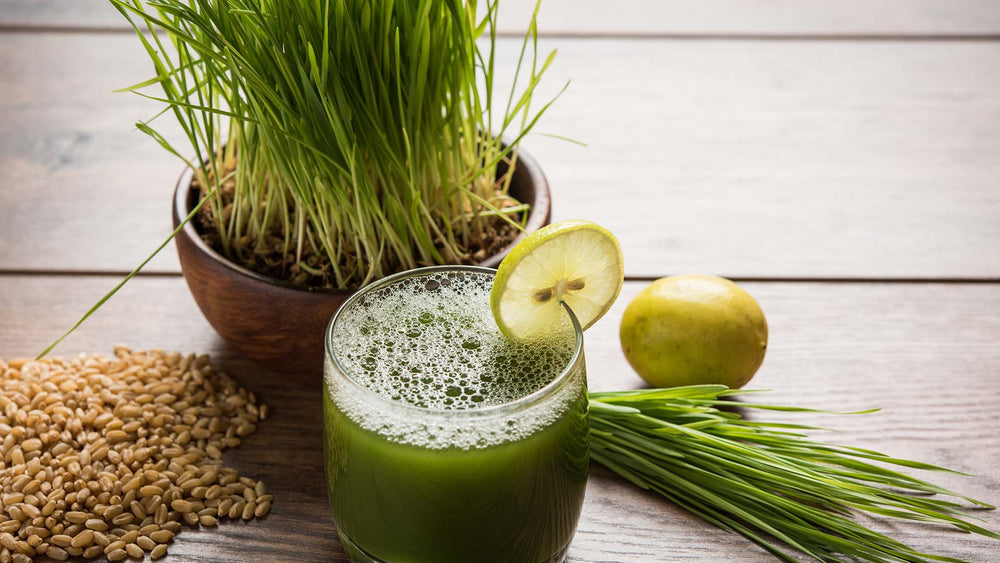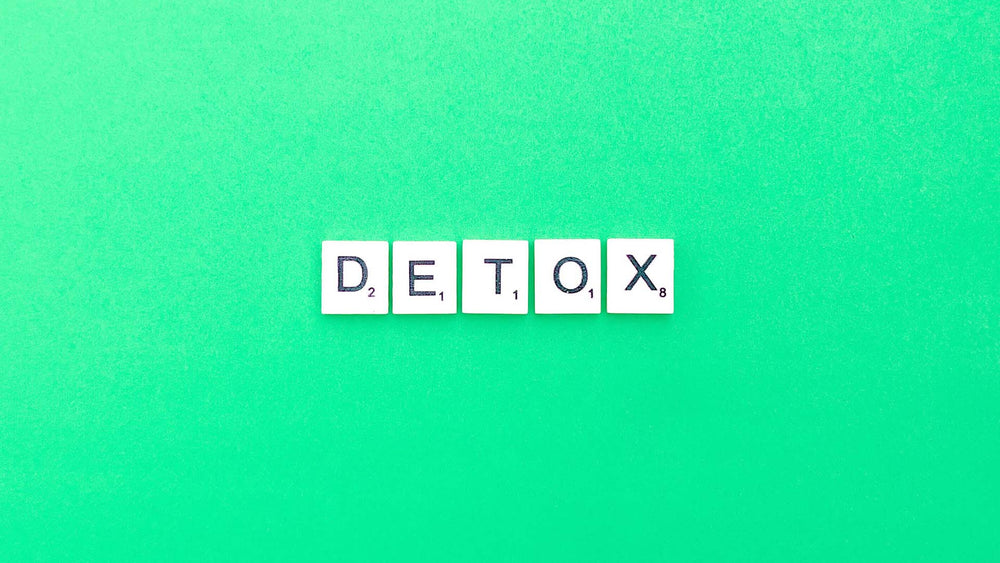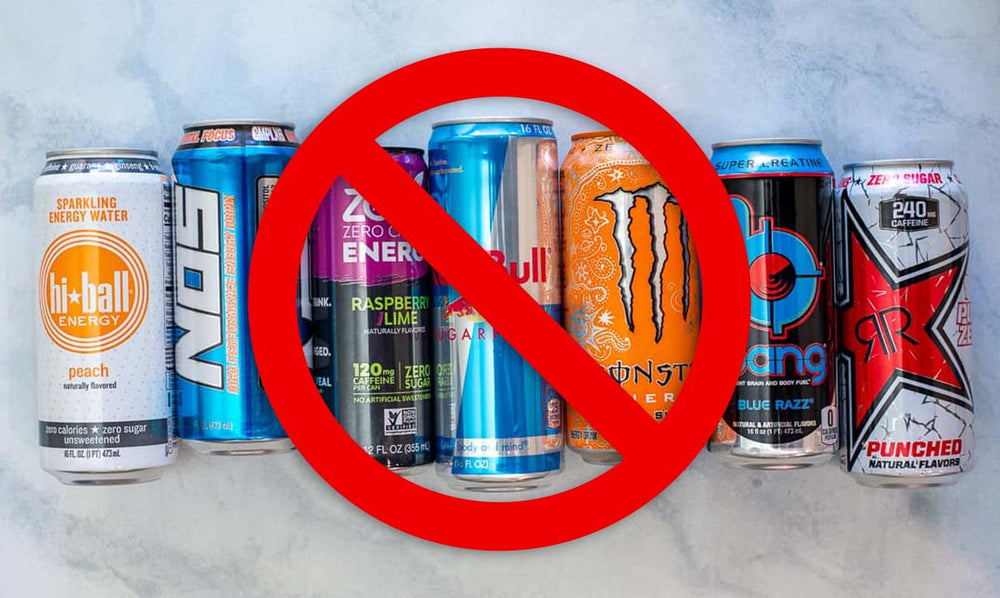It's so easy to let time to slip away from you. After all, how long have you wanted to clean out the closet, take up tennis, or visit your cousin in Milwaukee? Years, maybe even decades?
Procrastination can do more than build up cobwebs in your closet. If you put off
exercising, eating whole, fresh foods and getting restful sleep, you're setting yourself up for difficult or painful senior years.
If you don't take care of your health now, you'll pay later with costly doctor visits, hospital stays and money spent on prescription medication.
While healthy living (and eating an apple a day) won't give you a 100% guarantee of “keeping the doctor away”, it will increase your chances of living longer and avoiding hospital visits.
Even if you're a “youngster” in your 20's or 30's, don't take the passage of time for granted. Pinpoint your bad health habits and replace them with better ones.
Bad habits including sitting all day, lack of exercise, undereating or overeating, and poor stress management.
Beat Heart Disease, Cancer, Stroke and Obesity by Eating a Healthy Diet
Eat more fresh fruits and vegetables. Buy from the local farmer's market when you can substitute apples, peaches grapes and other fruits for sugary snacks.
Cut down on refined flour and white bread. Choose from brown rice, quinoa, oats, buckwheat, whole wheat or groat from health food stores or online. (Wheat helps prevent anemia, breast cancer, chronic inflammation, obesity and pregnancy problems.)
Eat more lean organic poultry and red meat. Buy fresh caught fish instead of factory or farm-raised. Bake, poach or steam fish instead of frying in oil. Fatty fish, including salmon and tuna, contain Omega 3's, which boost mood, lower blood pressure and fight heart disease. You can also get Omega 3's from flaxseeds, walnuts and leafy green vegetables.
Increase the amount of legumes (beans, lentils, peas and nuts) in your diet. They are a great source of soluble fiber, carbs and iron and should be part of your weekly meal plan. Along with rice, beans form a perfect protein for vegetarians.
Ideally, you should eliminate processed foods, sugar, salt, and saturated fat. When you stop eating processed and frozen foods, you will instantly eliminate most of these health-destroying ingredients from your diet. Read ingredient labels and learn to avoid packaged foods containing palm oil, shortening, high-fructose corn syrup, BHA, Aspartame and other artificial sweeteners, and other toxic ingredients.
Give up soda (even diet soda) and alcohol ok you can have a glass of wine or even a beer with a meal occasionally but give up drinking in front of the TV and find a way to socialize with friends sans alcohol.
Instead of going on a crash diet to lose weight, choose from a master list of groceries and build your meals and snacks around them. It will take you longer to lose weight, but once the weight comes off, it will stay off permanently if you stick to healthy foods.
Many of the meals you already eat have health benefits. If you enjoy an occasional spaghetti dinner with garlic bread and red wine, you'll receive several health benefits.
The resveratrol in red wine has antioxidants called polyphenols that help protect the lining of blood vessels in your heart. The garlic in your spaghetti can lower blood pressure, and if you eat whole wheat spaghetti, it adds nutrients from the bran and germ to your pasta. The refining process strips away vitamins and minerals, including B vitamins.
You may need to replace spaghetti sauce in a jar with homemade sauce (or organic, preservative-free sauce) for optimal health benefits.
Manage or Reduce Stress to Live Longer
Chronic stress shortens telomeres, protective casings at the end of DNA strands. Once these casings are damaged, you're be more prone to premature aging, heart disease, cancer and other adverse health conditions.
Too much stress also intensifies cortisol, and high cortisol levels over a long period can lead to increased blood sugar levels and more inflammation in the body.
To control stress, you must realize that your thoughts determine how stressful situations affect you. Do you look for answers when confronted with a difficult situation, or feel frustrated and helpless?
Here are some stress-controlling techniques:
- Paint, draw, play music, or engage in another creative hobby
- Talk to family, friends or a counselor about what's causing your stress
- Meditate or do yoga
- Stop smoking, drinking and eating junk food- these habits interfere with your ability to cope with stress
- Identify and confront your problems. Avoiding them will only cause more stress
Move Your Body!
Moderate activity is equivalent to a brisk walk, yard work or house cleaning. You don't need to spend time at the gym. Don't believe you have to join an expensive health club or work with a trainer to get in shape. You don't even need to buy special workout clothes.
All you need to do is move your body.
Exercise, even walking or cleaning out your closet, burns calories, improves circulation and heart health, and keeps bones and muscles strong.
Most people spend all or most of their workday sitting at a computer. To counteract the negative effects of a sedentary job, get up and stretch, stand or walk around for a minute or a few minutes every half-hour.
Start with 30 minutes of moderate activity a day. If you have been sedentary for a long time, break activity into ten-minute parcels. The ten-minute mini-exercise sessions increase your endurance, and soon you will be able to walk or exercise for 20, 30 or 45 minutes at a time.
Once you get used to moderate exercise, you can spend an hour and fifteen minutes a week jogging, playing tennis, dancing or engaging in other vigorous activities.
Sweet Dreams Mean a Better, Longer Life
Lack of sleep is a bragging right for many entrepreneurs, and, to them, it means you're busy and successful. It also means they may be at risk for diabetes, heart disease, high blood pressure and a host of other illnesses.
Get between seven and nine hours of restful sleep every night. Studies show lack of sleep affects cognitive performance on the job and at home. When you don't get enough sleep, you're more prone to making errors. Driving when you're groggy can result in injury or even death.
Sleep deprivation has even been used as a form of torture on prisoners of war. You can be physically and emotionally damaged from not getting enough sleep. The amount of time a person has to go without sleep to be in the danger zone varies between individuals. In extreme cases of insomnia, people experience delirium, including hallucinations.
Night shift workers are more prone to insomnia than people who work during the day. If you work at night, rearrange your schedule or buy blackout screens for your windows to trick your circadian rhythm into thinking it is night time.
Eat a Healthy Breakfast
Eat breakfast, no matter how busy or “late” you are. Prepare something the night before that you can heat up quickly. A few simple and nutritious breakfasts include peanut butter and whole wheat bagel and just about any sugar-free, homemade Smoothie of your choice.
You can also get inventive by making Avocado Toast with Egg or a Sweet Potato and Black Bean Breakfast Burrito. People who skip breakfast are more likely to binge on high-calorie snacks later in the morning and may be more likely to develop obesity, heart disease and Type-2 diabetes.
Develop Your Willpower – It's Now Or Never
Spending thirty minutes a day on exercise, and shopping carefully instead of throwing sale items in your cart, can add years (or maybe even a decade or more) to your life.
Not having the time is one of the main excuses people have for skipping exercise. They think that they need a hefty chunk of time to spend playing sports, running, or at the health club to get any results. Anything less than that, they figure, won't improve their health at all. Studies indicate a little bit of exercise goes a long way. Even 75 minutes a week (15 minutes a day) of moderate exercise helps you achieve a 14% lower risk of heart disease.
Exercising has mental and emotional benefits too. Exercise increases endorphins, feel-good chemicals in your brain. Some studies have shown exercise can reduce symptoms of clinical depression, so it can certainly help people with temporary or circumstantial depression. Working out for just 30 minutes a week will boost your mood, and longer exercise sessions will practically wipe out the blues.
Some Everyday Habits That May Harm You
Drinking Tap Water
Invest in a home water filter, and purify tap water before drinking. Depending on where you live, your tap water may contain ADD
Eating Microwave Popcorn
Microwave popcorn in a bag may be a convenient snack, but Diacetyl, a fake butter flavoring, and the chemicals used in the heating bags contain chemicals that may contribute to cancer.
Buy an air popper and eat popcorn flavored with cayenne pepper or garlic powder instead. You'll save on calories and avoid carcinogens.
Wearing Too Much (or the Wrong Kind) of Sunscreen
Slathering on sunscreen helps prevent sunburn and skin cancer, but using too much of it may block Vitamin D from the sun's UV rays. A study showed that Vitamin D rates rose even in individuals wearing a 15 SPF sunscreen. If you use a sunscreen with a 30-100 SPF, you won't get much Vitamin D from sunshine and may need to take a Vitamin D supplement.
Benzophenones, cinnamates and menthyl anthranilate are just a few of the toxic ingredients you many find in U.S. sunscreen products. These ingredients have been banned in Canada, the EU and Australia. Check the SPF of sunscreens (and the ingredient list) before buying
Think about it. Do you really want to spend your 60s, 70s and beyond in a nursing home, or at home surrounded by your family, pursuing hobbies or even running your own business? You'll have a better chance of living a long, healthy life if you start eating well, getting enough sleep and exercising now.
Incorporate good habits into your life today, and you'll avoid health problems, costly prescriptions and loss of productivity as you age. Do it now. If you wait until tomorrow - tomorrow will become next week; next week will become next month; and next month will turn into next year.
The pounds will continue to pile on, and you'll feel weaker and unwell more often. If left unchecked, the lethargy and excess weight due to unhealthy habits may lead to diabetes, high blood pressure and other chronic conditions.
What Supplements Should I Take to Stay Healthy?
While there are many supplements on the market, a wheatgrass-based tablet will give you the most nutrients and the best value for your money.
A wheatgrass supplement gives you hundreds of vitamins, minerals, enzymes and amino acids to keep your body systems running efficiently. Wheatgrass tablets are a safe, easy way to infuse your body with nutrients, including B vitamins, iron, Vitamins A,E,C, zinc and magnesium.
Wheatgrass helps to:
- Control weight
- Detox cells
- Reduce fatigue
- Cleanse the liver
- Prevent tooth decay
- Clear sinuses
- Prevent cancer
Wheatgrass can do all this because its 70% chlorophyll. Chlorophyll is the phytochemical that gives plants their green color, and it has many powerful qualities to improve your mental and physical health.
Wheatgrass Love's Happy Girl Mood Enhancer contains nutrient-rich wheatgrass and over a dozen herbs to encourage overall health and boost your mood.
Happy Girl contains the following nutrients as well as wheatgrass:
- White willow Bark
- Hawthorne Berry
- Cayenne Pepper
- Uva Ursi
- Gingko Biloba
- Green Tea Extract
- Goldenseal
Learn more about Happy Girl Mood Enhancer here. (Although formulated for women, men and seniors can benefit from wheatgrass-based Happy Girl.)
Integrate Happy Girl and wheatgrass into your daily health habits for a longer, happier life.
















